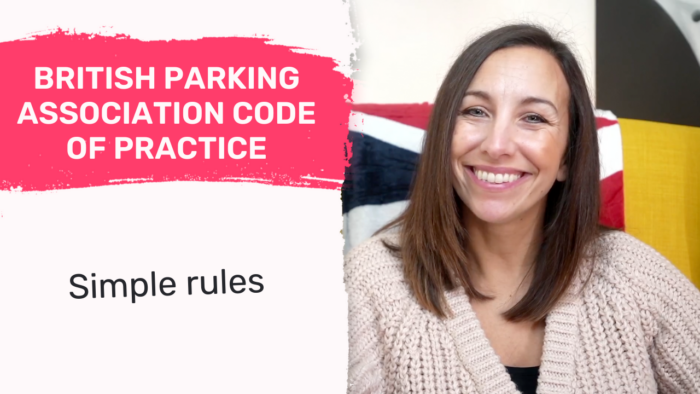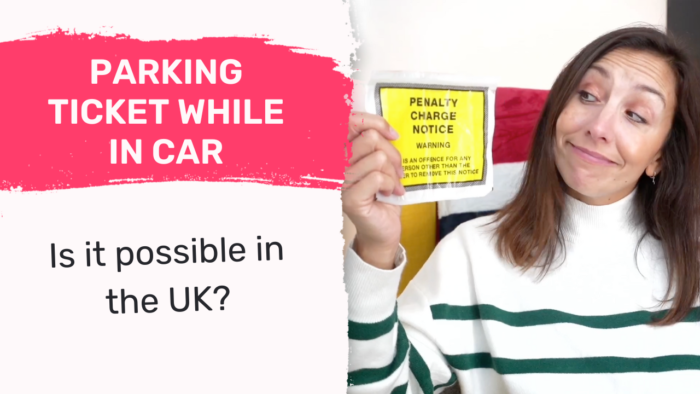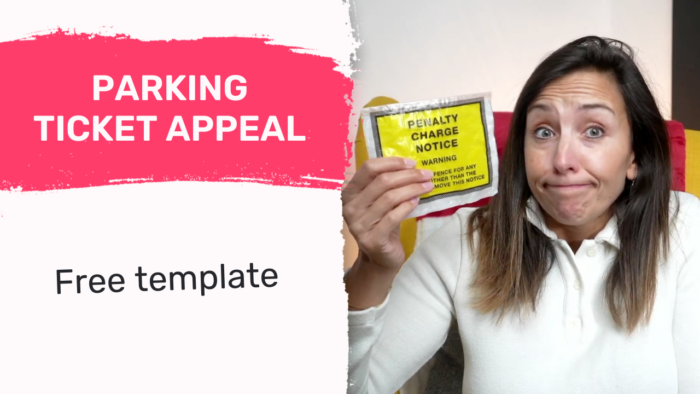Simplified British Parking Association Code of Practice Rules

When you park your car, you want to know the rules. That’s where the British Parking Association Code of Practice comes in. This guide helps to keep car parks fair and clear; it shows how much things cost and what happens if you break the rules.
Each month, over 32,000 people visit our website to learn about parking tickets and fines. Many are worried about what might happen if they don’t pay. Others want to know if they can challenge a ticket.
This article will help with all these things. We’ll talk about:
- What the British Parking Association is
- How their Code of Practice affects drivers
- The difference between different types of parking tickets
- How you might challenge a ticket
- The rules of the Code of Practice
We know how confusing this can be. But don’t worry; with our expertise, we’ll help you understand parking rules and how to deal with them.
Most Ticket Appeals Succeed
In some circumstances, you might have a legitimate reason not to pay your fine.
It’s a bit sneaky, but the last time I needed legal advice, I paid £5 for a trial to chat with an online solicitor called JustAnswer.
Not only did I save £50 on solicitor feeds, I also won my case and didn’t have to pay my £271 fine.
Chat below to get started with JustAnswer
*According to Martin Lewis, 56% of people who try to appeal their ticket are successful and get the charge overturned, so it’s well worth a try.
What does the BPA Code of Practice mean for me as a motorist?
As a motorist, the British Parking Association Code of Practice is excellent news, as it protects you from cowboy car park operators, unfair charges and extortionate fines. The British Parking Association rules, which were launched in early 2022, included several features, such as reduced fines, mandatory grace periods and a centralised, independent appeals body.
No longer are parking firms allowed to be unclear with their signage and parking rules, nor are they allowed to bully motorists for payment. Minor errors, such as putting in an incorrect digit when adding a car park registration, can be appealed against.
In short, the British Parking Association (BPA) code of practice makes the private parking industry much fairer and more transparent for everyone.
However, what I do need to point out is that the British Parking Association code of conduct only covers parking charge notices issued by a private operator, and not penalty charge notices issued by a local authority.
What are the differences between a parking charge notice and a penalty charge notice?
It is easy to get confused by the two, as they are both often referred to as a PCN. However, they are both very different.
A parking charge notice is what I am discussing in this article, and they are issued by private operators and are not legally enforceable – although you should never ignore it. A penalty charge notice is issued by a local authority or the police, and these are backed by law.
Successful Appeal Case Study
Situation
| Initial Fine | £100 |
| Additional Fees | £171 |
| Total Fine | £271 |
The Appeal Process
Scott used JustAnswer, online legal service to enhance his appeal. The trial of this cost him just £5.
| Total Fine | £271 |
| Cost of legal advice | £5 |
JustAnswer helped Scott craft the best appeal possible and he was able to win his case.
Scott’s fine was cancelled and he only paid £5 for the legal help.
In partnership with Just Answer.
What are some of the rules of the BPA Code of Practice?
- Maximum fines: There used to be a fine of up to £100, reduced to £60 if you paid within 14 days of receiving the fine. Now, under the British Parking Association Code of Practice 2023, the maximum fine you can receive is either £60 OR £70, depending on what the alleged breach was. However, it is important to note that if you ae caught parking in a disabled spot without displaying a valid blue badge, or you trespass onto private land, you can still be fined up to £100.
- No added fees: Getting a PCN is bad enough to begin with, but when the car park operators and their debt collectors add on even more in terms of charges and fees, it can quickly become very expensive. Fortunately, these fees are no longer allowed under the British Parking Association LTD Code of practice.
- 10-minute grace period: Toddler refusing to get into the car. Baby needing a feed or their nappy changing, the queues taking ages to move – we have all been there. It’s so frustrating to run back to the car just a few minutes late to find a ticket slapped on your windscreen. However, now, they have to give motorists a ten-minute grace period to get back to their car after their ticket has expired.
- A five-minute grace period: Lots of us have been in a situation where we have driven into a car park and then decided not to park there. It could be really busy, or there are;t any parents and children spaces left, or perhaps the price for parking is too high. Under the old rules, you could still be fined simply for entering and checking it out, which seems more than a little unfair. Now, with the British Parking Association approved operator scheme code of practice, motorists have a five minute British Parking Association code of practice grace period to check out the car park, read the signs and decide whether to park or leave.
- Simplified language and signage: Some unscrupulous car park operators would use jargon and unclear language to intimidate drivers into paying – when you look atsome of the old signage, it is little wonder people got confused about where tey could park, when and for how long, as well as understand the fee structure. That has all changed now; signs and language have to be clear and simple enough for Joe Public to understand.
- Mitigating circumstances: There are more reasons for fines to be cancelled, such as harmless mistakes like a simple typing error in a registration number, but this one is more murky because every instance is different.
» TAKE ACTION NOW: Get legal support from JustAnswer
Can I appeal my parking ticket?
Until the new single appeals body is ready and running at the end of this year, you should appeal any parking charge notices that you disagree with directly to the company that issued them. Paying the money can be seen as an admission of guilt on your part, so refrain from doing so. It is a good idea to include evidence to support your appeal, such as a picture of a confusing parking sign or a letter from the hospital confirming that your visit was longer than anticipated.
If they reject your request to have your fine cancelled, you should get in touch with the operator’s organisation’s appeals office. This is Parking on Private Land Appeals in the case of the BPA. Following the rejection, you have 28 days to file an appeal with POPLA.
The British Parking Association Code of Practise aims to eliminate much of the ambiguity and unfairness of parking charge notices. The official website of the British Parking Association has more details.
Hire a Parking Solicitor for less than a coffee.

If you’re thinking about appealing your parking ticket then getting some professional advice is a good idea.
Getting the support of a Solicitor can make your appeal much more likely to win.
For a £5 trial, Solicitors from JustAnswer can look at your case and help you create an airtight appeal.
In partnership with Just Answer.
References:
- British Parking Association. (2021). BPA Code of Practice. Available at: https://www.britishparking.co.uk/Login.aspx?ReturnUrl=%2fAOS-Code-of-Practice-Version-9
- Department for Transport. (2022). How local authorities should enforce parking restrictions. Available at: https://www.gov.uk/government/publications/civil-enforcement-of-parking-contraventions
- POPLA. (2023). How to appeal a parking charge notice. Available at: https://www.popla.co.uk/appeals-process

